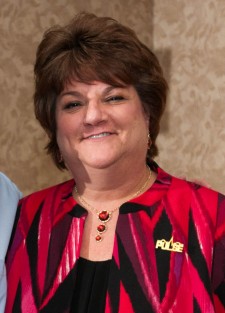
Report finds oversight in hospitals may reduce number of deaths; can families and patient advocates achieve a similar result?
Wantagh, NY, March 31, 2017 (Newswire.com) - According to a study published in the Journal of the American Medical Association on March 20, 2017, patient death rates fell significantly in hospitals — especially in major teaching hospitals — during surprise inspections conducted by The Joint Commission.
The study reserved absolute judgment as to whether the reductions in mortality were because medical staff knew they were under scrutiny and conformed better to safe practices, or whether other factors could be at play. But it did conclude, "These results suggest that changes in practice occurring during periods of surveyor observation may meaningfully affect patient mortality."
". . . will they also do better when they know they are being watched by patient advocates and families?"
Ilene Corina, President, PULSE Center for Patient Safety Education & Advocacy
Ilene Corina, President of Pulse Center for Patient Safety Education and Advocacy, (formerly PULSE of NY) comments:
"The Joint Commission study found reductions of 1.5% in patient mortality within 30 days of admission across all hospitals surveyed, and 5.9% in major teaching hospitals. 1.5% may not sound like much, but every life is precious.
"Most people will perform better when they think they're being observed or assessed, that's only natural. Unfortunately the Joint Commission can't be everywhere all the time. That means it's up to us — patients, their families, and professional patient advocates — to keep up the vigilance. When we can demonstrate to healthcare staff that we know about the risks to patients and the measures (sometimes as simple as hand-washing) that can reduce those risks, we may help reduce the death rates too.
"If medical staff are more observant of safe healthcare practices when they know they are being watched by the Joint Commission, will they also do better when they know they are being watched by patient advocates and families? Human nature being what it is, will clinicians aware of being observed by families or advocates take that oversight as seriously as they take monitoring by a professional body such as the Joint Commission?
"We don't know. But anything we can do to raise awareness among hospital staff of potential dangers and risks can only have a positive effect. And that applies not just in hospitals, but in any institution where sick, injured or vulnerable people receive health care."
Source: Pulse Center for Patient Safety Education & Advocacy
Share:
